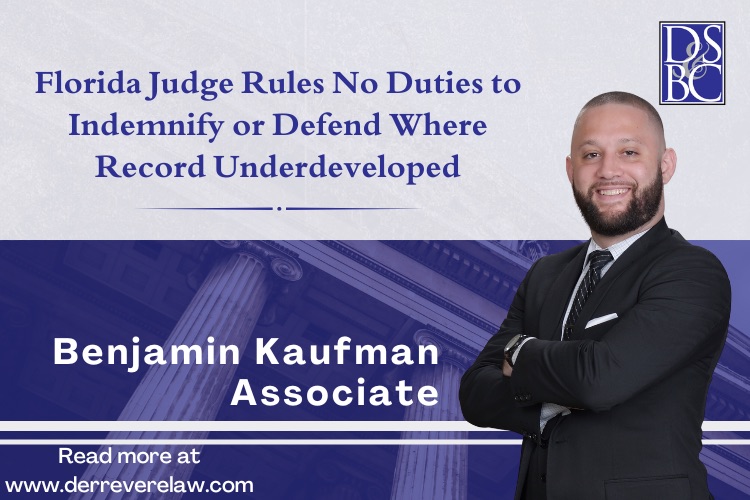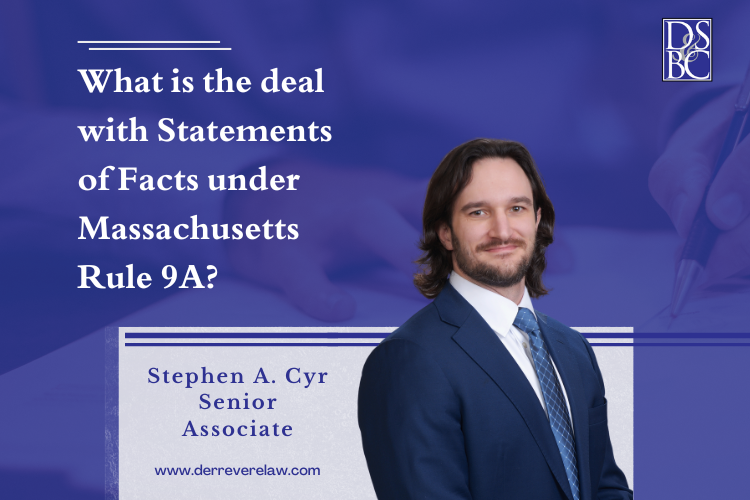From the Premises Liability Corner: Plaintiff’s Burden of Proof and Discovery Issues

Effective July 1, 2010, Fla. Stat. 768.0755 provides that a business invitee, store customer, who slips and falls on a transient foreign substance in a business establishment must prove that the business owner had actual or constructive knowledge of the dangerous condition. In most cases, the plaintiff has difficulty proving the business owner had actual notice of the dangerous condition. Therefore, the issue is usually whether there is sufficient evidence to prove the business owner had constructive knowledge of the dangerous condition.
According to the statute, constructive knowledge may be proven by circumstantial evidence showing (1) the dangerous condition existed for such a length of time that in the exercise of ordinary care, the business establishment should have known of the condition or (2) the condition occurred with regularity and was therefore foreseeable.
Often times, the facts of a case will fail to establish the transitory substance existed for a sufficient amount of time to put the business owner on notice. In order to meet the statutory burden of proof, Plaintiff has no other choice but to prove the condition occurred with regularity and was thus foreseeable. Discovery issues often arise in this regard. In Publix Supermarkets, Inc. v. Santos, 118 So. 3d 317 (Fla. 3d DCA 2013), Plaintiff, a store customer, sued Publix for negligence and negligent mode of operation as a result of a slip and fall on “old wet spinach” on the floor near the cooking kiosk at a Publix store in Miami. Plaintiff sought discovery of all slips and falls near the kiosk at the particular store for three years prior to the accident. Publix served its discovery response which showed that no prior incidents occurred at the store. Plaintiff then sought to depose a Publix representative and requested production of all incidents reports relative to any occurrence at kiosks located in all Publix stores within the entire state of Florida. Publix objected and moved for a protective order contending that the burden of proof standard set forth in Fla. Stat. 768.0755 did not require it to produce the information. The trial court disagreed and Publix was directed to produce prior incidents at the subject store along with information as to all of the Publix stores statewide within the past three years. On appeal, the Third District Court reversed the ruling and held that under Fla. Stat. 768.0755, Publix only needed to respond to slip and fall incidents near the kiosk at the specific Publix store at issue and not as to all similar incidents at all Publix stores within the state of Florida.
Based on the foregoing, Plaintiff has a difficult path to travel in order to meet the statutory burden of proof as to actual or constructive knowledge of a dangerous condition. The statute and its interpreting case law greatly increases a favorable defense motion for summary judgment when there is no notice to the business owner of the transitory foreign substance. Derrevere, Hawkes, Black & Cozad has successfully argued and won summary judgment motions on behalf of its business establishment clients resulting in a cost effective and favorable result.



